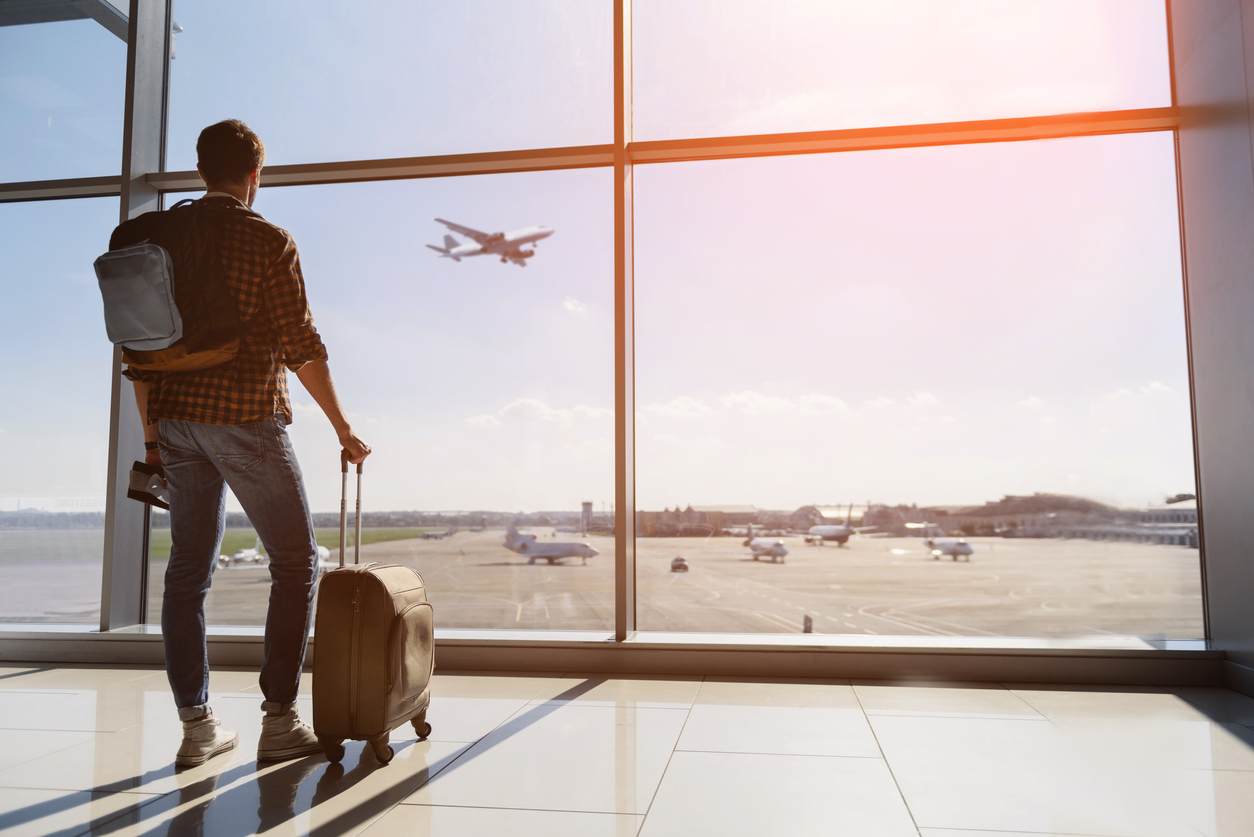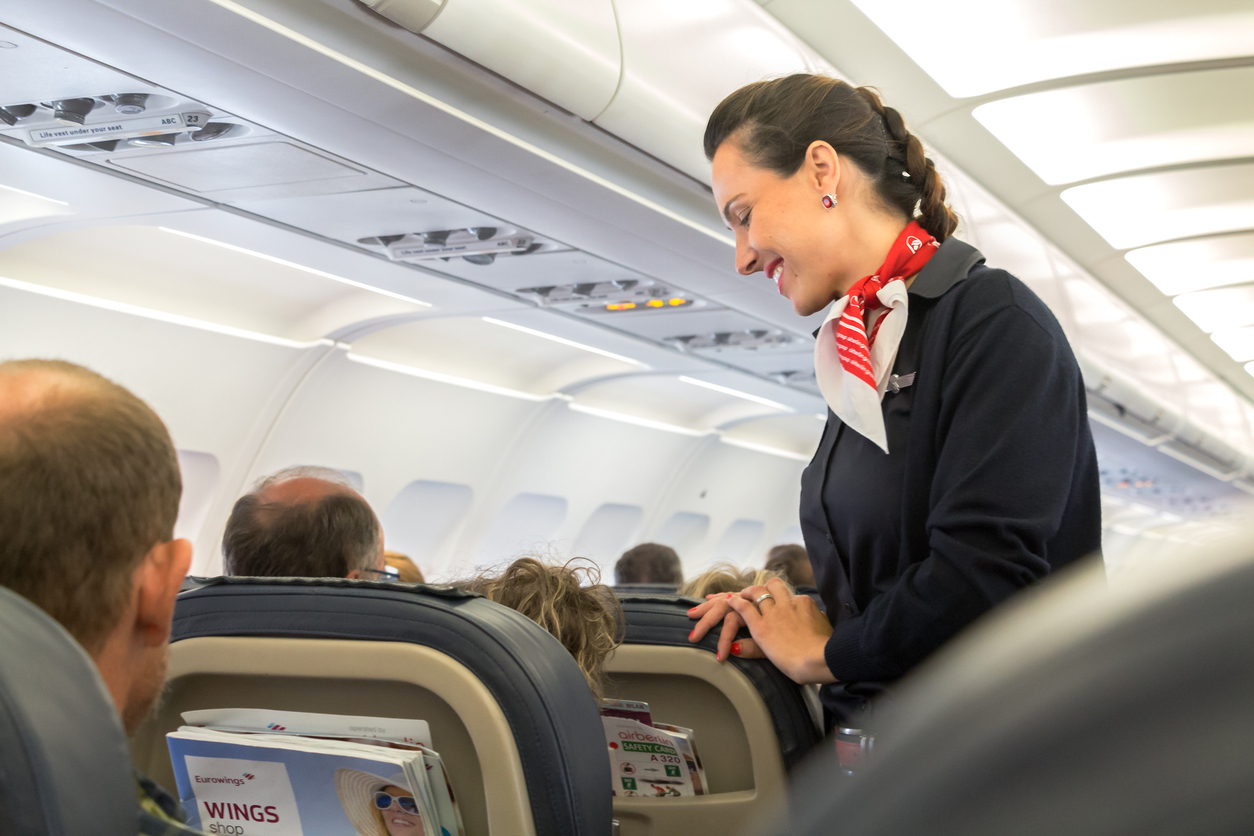
From bag-checking and unexplained delays to getting lost in Paris’s extremely complicated transit system and your Airbnb © host cancelling your reservation 24 hours before you’re set to arrive, travelling can be a huge hassle. If you’re living with an allergy, travelling can raise health concerns that other people would never have to even think about before boarding a plane or packing for an adventure. Your allergies, however, shouldn’t prevent you from travelling. You can take steps to minimize your risk of having an allergic reaction while on your once-in-a-lifetime adventure. Before travelling, regardless of whether you’re going just south of the Canadian border or you are flying 12 hours across the Atlantic, you need to be prepared. Preparing in advance before travelling will make a positive difference in your allergy travel experience. Here are some allergy travel tips and tricks that you can follow to minimize risks:
1) Do your research beforehand – Find out about potential encounters with allergens at your destination before you leave. This can prevent potentially adverse reactions. If you’re allergic to peanuts, find out which local dishes could potentially contain them or could be cooked nearby. For example, the research I did before I travelled to Italy taught me that peanut oil is one-third the price of any other type of oil. This makes restaurants and bars much more likely to use peanut oil just to cut costs and save money. Knowing this, I knew that eating out in Italy would be particularly challenging for myself.
2) Get a kitchen when travelling – Airbnb © saved me in Costa Rica in dodging fish and shellfish. Not only was getting a place with a kitchen a better alternative for me and my allergies, but my friends and I also saved a ton of money by cooking in our apartment. I also had much more peace of mind when I was cooking my own meals. The best part about cooking while travelling: finding a good grocery store! Going into town and grocery shopping with the locals is one of the coolest experiences because you’re literally engrossed in the everyday culture.
3) Pack protein bars & snacks – Believe it or not, my carry-on bag is reserved almost exclusively for packing snacks/protein bars for my trip. Bringing your own snacks gives you options if you feel like you need a quick midday snack without hassle. Snacks are also great for when you return from a long day of travelling or hanging by the pool and you feel like munching on something comforting from home. I can’t even tell you how many times I’ve craved my favourite chips and chocolate bars when relaxing on the beach.
4) Check epinephrine expiry dates – Bring multiple epinephrine auto-injectors when travelling. Check expiry dates well in advance leaving you time to get new ones before you depart. You do not want to travel with expired epinephrine auto-injectors!
 5) Call your airline before your flight – Alert your airline before getting on a plane about your allergies. Some airlines hand out complimentary peanut/nut snacks to passengers while flying, so it’s important to alert the attendants of your allergies beforehand, and become familiar with their allergy policies in advance.
5) Call your airline before your flight – Alert your airline before getting on a plane about your allergies. Some airlines hand out complimentary peanut/nut snacks to passengers while flying, so it’s important to alert the attendants of your allergies beforehand, and become familiar with their allergy policies in advance.
6) Alert others about your allergy – Always travel with a buddy and make sure your buddy is aware of your allergies before travelling with them. When I’m travelling with friends or family, I make sure every person I’m travelling with is trained on how to use my EpiPen®.
7) Translate common words for your allergy before dining out – Do you know how to say egg in Spanish? Peanut in Italian? Shellfish in French? Knowing the words for your allergens in the language of the country you’re travelling will make it easier to identify potential allergens on menus.
8) Bring allergy cards in the language of the country you are travelling to – If travelling somewhere where you can’t easily communicate and can’t speak the language, it’s important to bring allergy cards identifying your allergens in the language of the country your travelling to. Give this to your waiter as soon as you arrive at the restaurant, and the card will usually do a much better job at explaining your allergies than you could ever do. I’ve literally watched my waiters read my card with the widest eyes, and then ask me if they can keep it so that they can show all their managers and co-workers because it’s literally the wildest thing they’ve ever seen. Tip: bring multiple cards!
So there you have it folks, some tips and tricks to travelling as stress-free as possible with food allergies. Though these tips are supposed to minimize risks, accidents can still happen so it’s important to be prepared with a game plan in case you do have an allergic reaction. Write down the emergency number of the country you’re staying in and research the closest hospital. I want you to be as prepared as possible whether something does or does not happen. Happy travelling!
– Giulia C.
Tags: Anxiety, auto-injector, communication, Food Language, Giulia C., Travel
